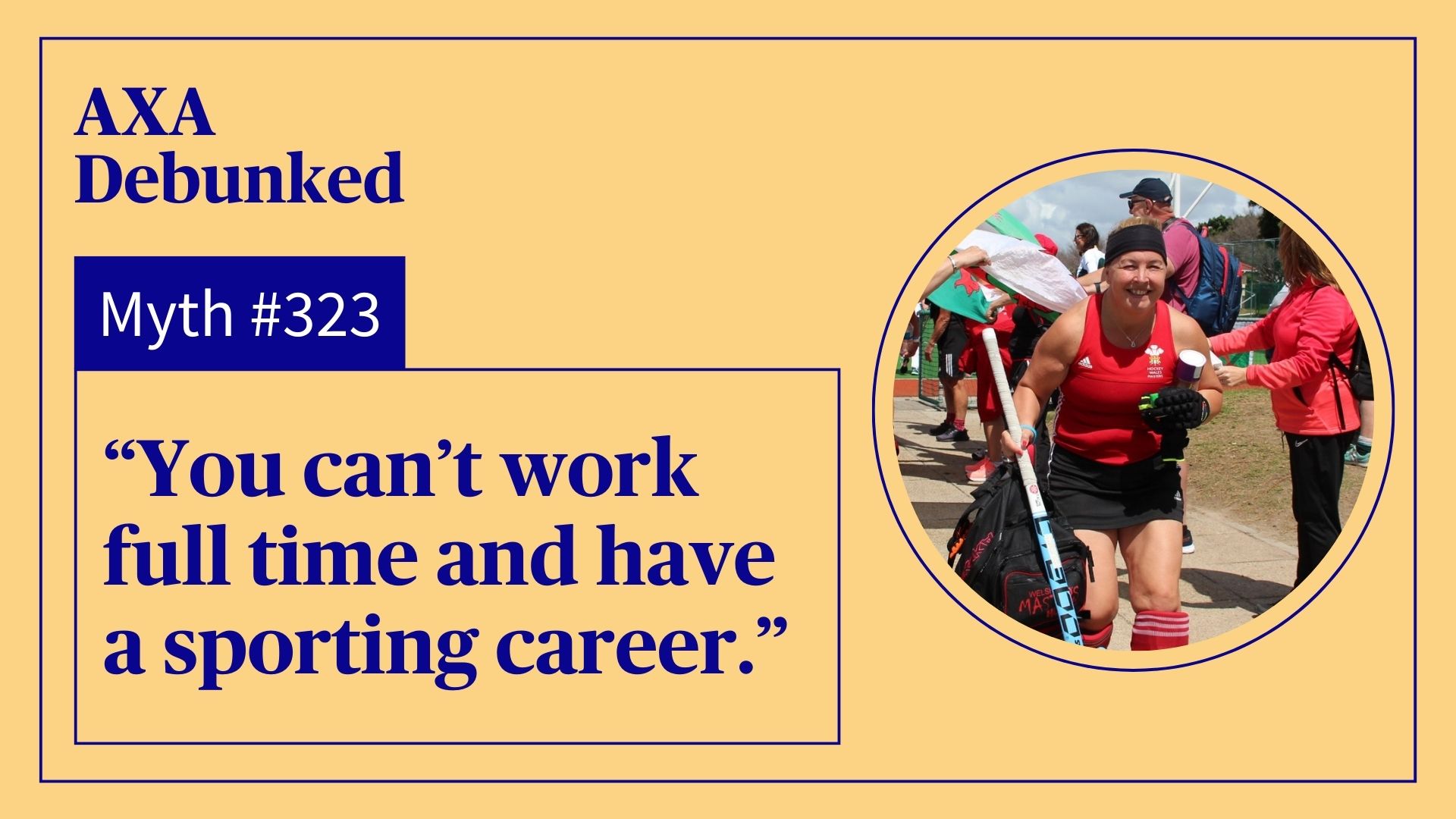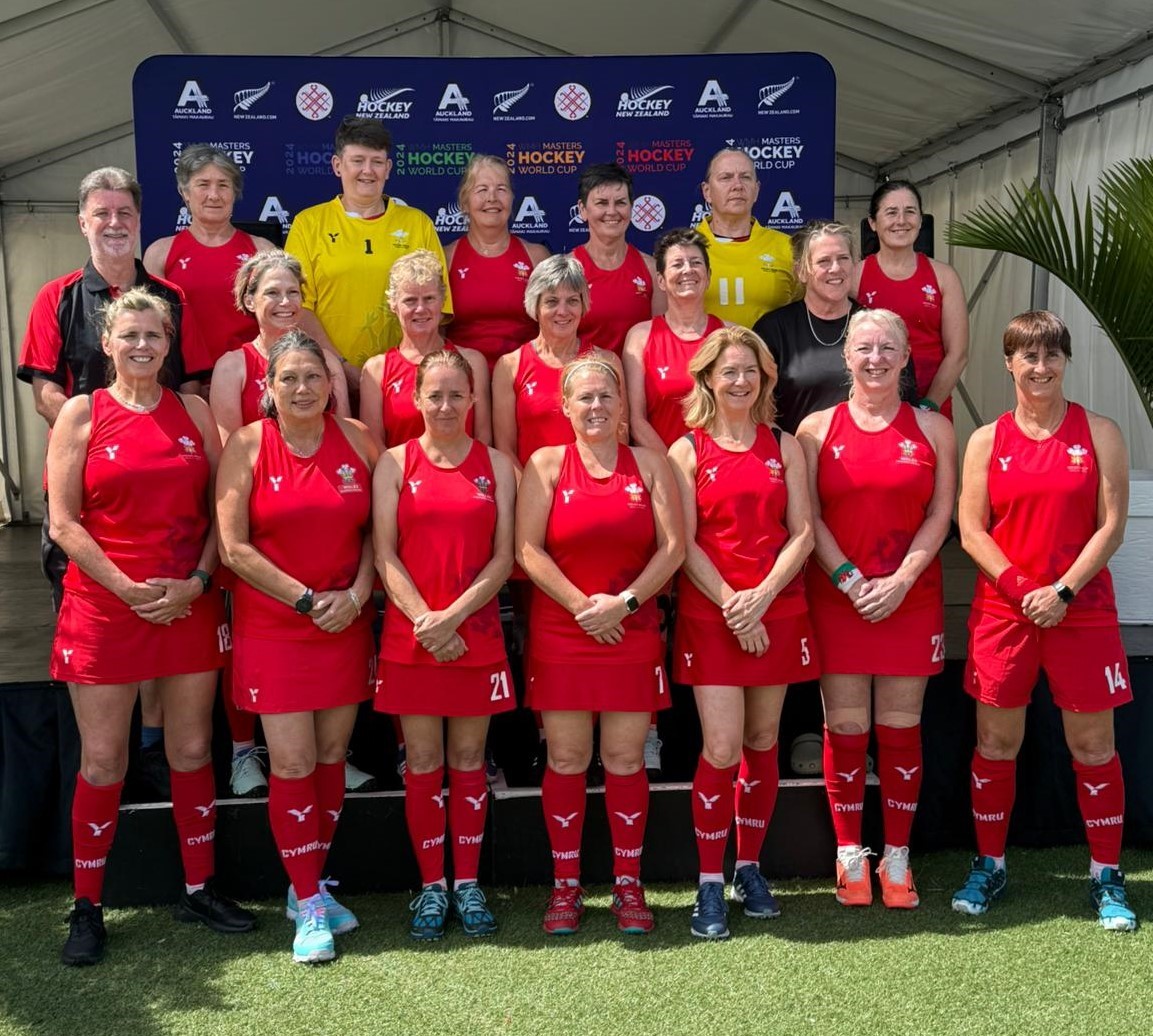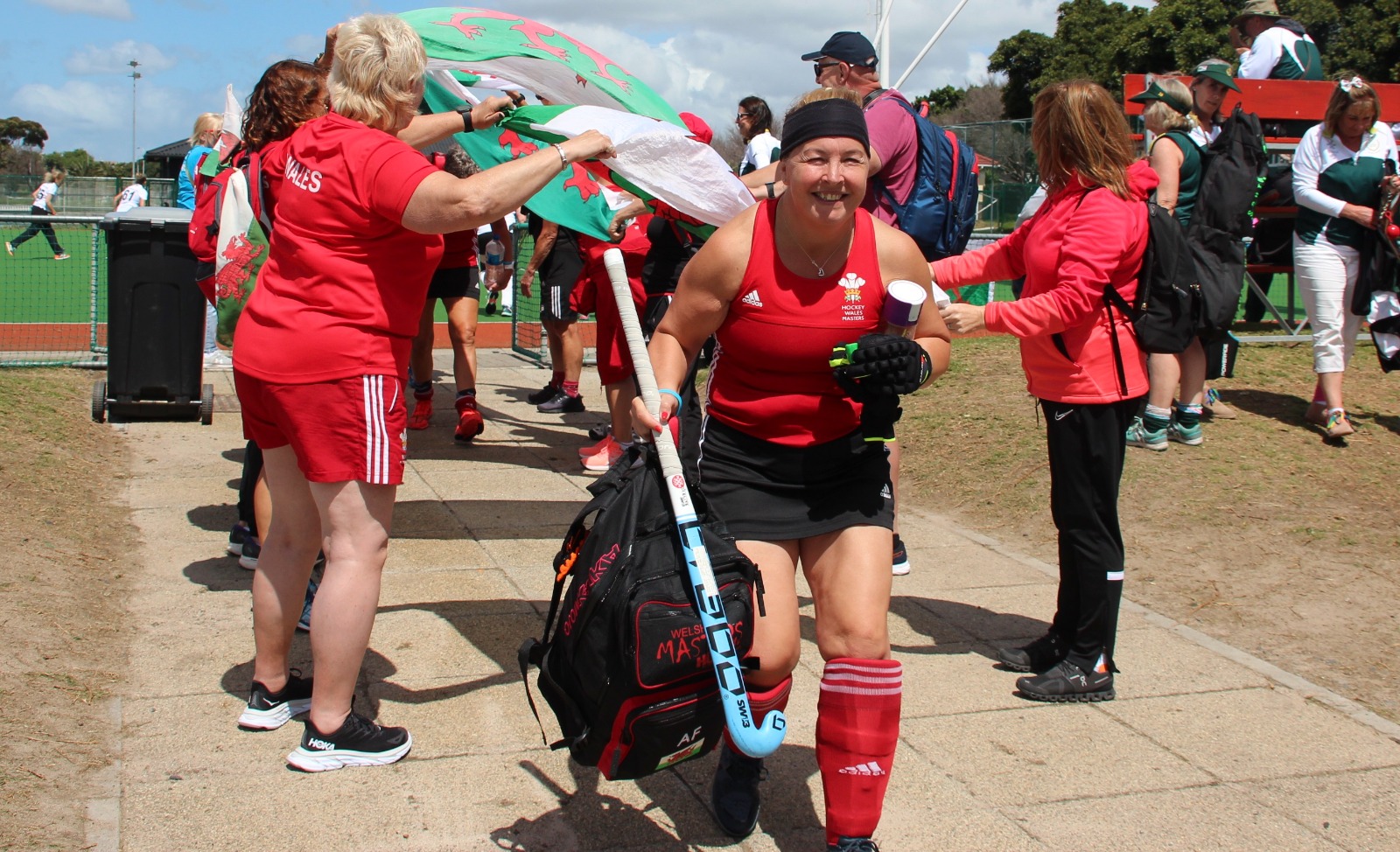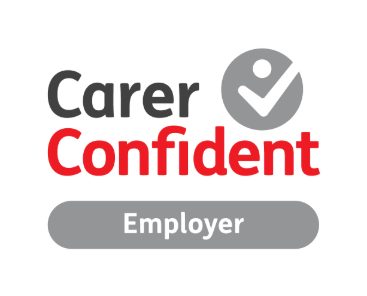AXA Debunked: Sports Champion Andrea

Myth #322 - You can’t work full time and have a sporting career.
You can’t do it all, right? In this edition of AXA Debunked, we talked to Andrea, who fell back in love with playing hockey over a decade after her last match, who’s now captain and central defender for Wales over-55s women’s hockey team, all while having a full-time career at AXA. So, we're taking a peek into her life to understand how she's able to balance her AXA career with her sporting career.
What’s your role at AXA, and how long have you been at the company?
I work as a Functional Architect in AXA UK CTO, and I’m also the AXA UK Digital Sustainability Lead. I’ve been at AXA for almost 31 years.
What made you fall back in love with hockey?
Our Bristol office moved in 2017, and where I parked my car was a 10-minute walk around Durdham Downs to the office. Every day I’d see runners, Nordic walkers, rounders teams and so many others on Durdham Downs, and I got the familiar itch to lose weight and get fit. To fuel my motivation further, I’d see the commitment of a colleague in the Bristol office who was training for a triathlon. I’d enjoyed and achieved so much playing hockey in the past, so even after a 12-year gap I knew that was what I had to do! Once I started, that was it – I got my mojo back, and it was full steam ahead!
How often do you train?
Club hockey training is once, occasionally twice a week, with a game at the weekend. Wales Masters Hockey training has been every three weeks during 2024. Normally, the hockey season runs from around August to April, but with Masters Hockey, the season extends through the summer too. There's not much of an off-season! I also do strength and performance training at a local gym three times a week.
How do you balance your work, hockey, and other leisure time?
AXA lets you buy extra holiday every year, which is really useful as I use a lot of my holidays to support my hockey commitments. I also have a very understanding and supportive husband! Work ultimately, however, trumps hockey or gym time, but it's usually something I can manage or coordinate without one impacting the other too much. I have an amazingly supportive manager and team which helps me plan my time to balance it all.
What advice would you give to other women to inspire them to get into a sporting activity?
- You don’t have to be an expert, and it doesn’t have to be full on, take it slowly to start with and build up if and as you want to.
- Just doing something gives you a head-start over those who do nothing.
- Find something you enjoy. If you don’t enjoy it, STOP, and find something else.
- Do something with family or friends but don’t forget a new activity will inevitably generate new friends.
- Get into a habit – give yourself time and targets.
- Age is no boundary, and exercise has so many benefits – physically and mentally, friendships and ‘me time’.
- Celebrate the good times, big or small.
- Have fun!
What would you say to others who think you can’t have a full-time job and a sporting career?
- Sport can be as full on as you let it. You need to be able to prioritise and balance it with work. Make sure that you and your sporting ‘colleagues’ understand this. Unless you’re very lucky, your salary is what enables you to participate at the level you’re aiming for.
- Sometimes you need to be selfish, and it helps to have a good support network at home and at work.
- Be organised, and as you do in work have goals with a roadmap to get there. By knowing what and how and when your commitments are, keeps you on track so that you can see where the impacts or bottlenecks are before they happen to allow you to work around them.
- Plan ahead.
- Be kind to yourself, you need downtime – if you can’t do it all, then prioritise.
What would be the impact on you and your time playing hockey if you weren’t supported by AXA?

Financially, Masters Hockey can be very expensive, unfortunately, making it almost inaccessible for some. Becoming an AXA Sport Champion and getting funding from AXA UK really helps. Not just financially but the associated recognition opens fundraising options through other channels.
If you want to work somewhere that's flexible and supportive, keep an eye on our latest vacancies to find a role that’s right for you. Or follow us on LinkedIn to find out more about life at AXA.





